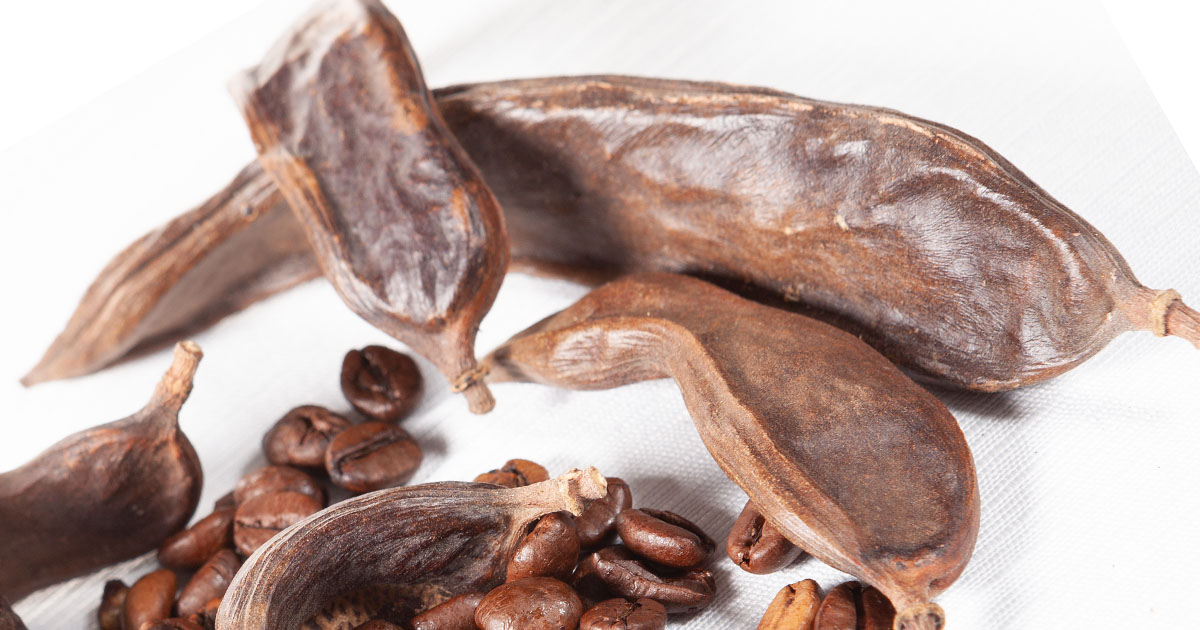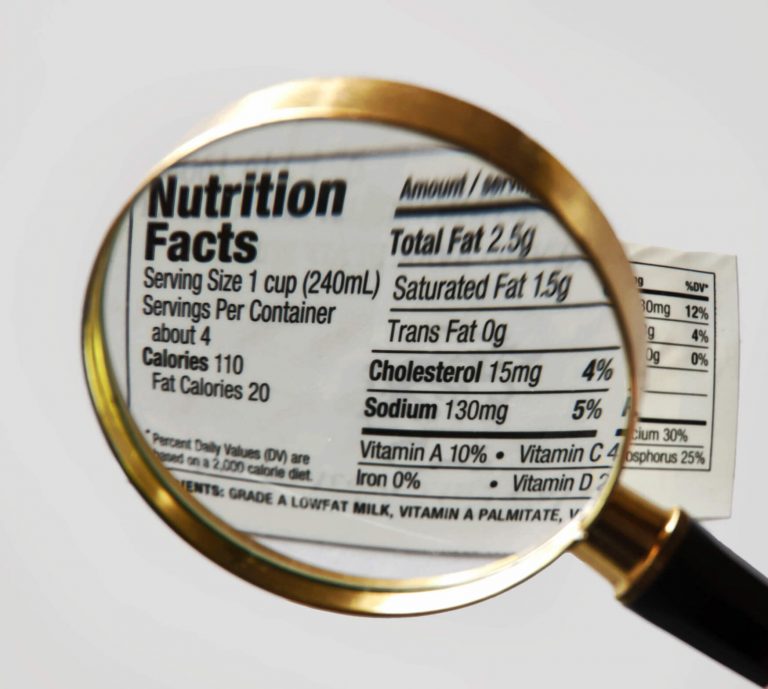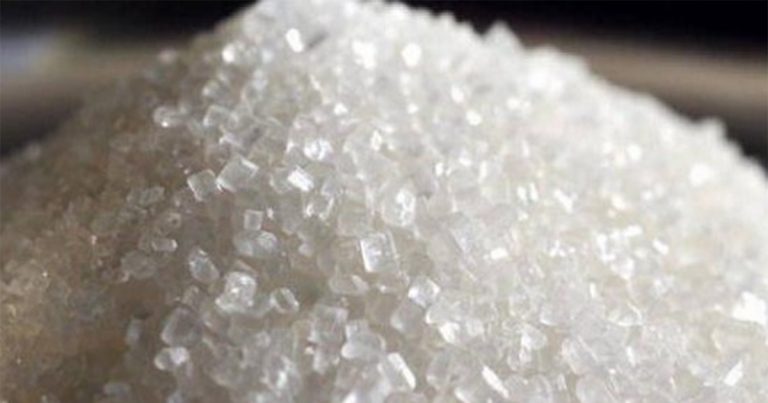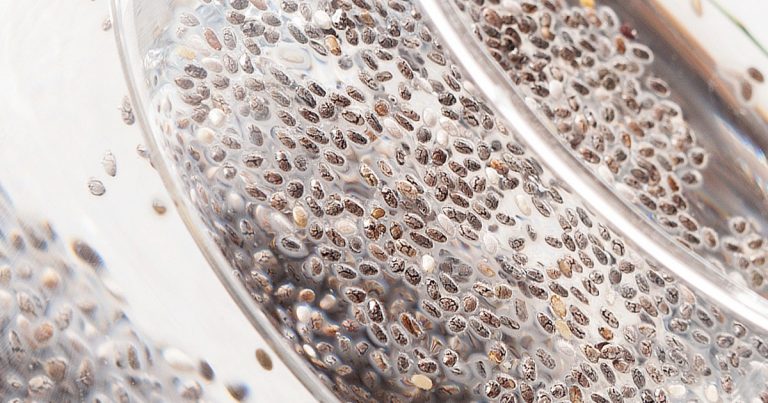Carob is made from the fruit of Ceratonia siliqua, a flowering evergreen tree native to the Mediterranean. The tree’s fruit is a legume that takes a year to mature. Carob was the primitive source of sugar until sugarcane was made widely available. After harvest, the whole pod is dried or roasted. The slightly curved, thick and dark brown pods and pulp of carob are edible, they are naturally sweet and highly nutritious. It is rich in protein, carbohydrates and low levels of fat. It also has Calcium, Magnesium, Phosphorus, Iron, Manganese, Potassium, Copper, Barium, Nickel, Copper and Vitamins such as B, A, D, B3 and B2. Carob is also free from caffeine, oxalic acid and bromine, tyramine and nylthylamine however, it does contain antioxidants in the form of polyphenols.
Carob contains bioactive compounds such as dietary fiber, polyphenols, flavonoids, cyclitols, (like d-pinitol) and tannins. These compounds have been associated with a variety of health benefits including, glycemic (blood sugar) control, cholesterol reduction, anticancer effects and many more.1
Carob has fiber that inhibits the secretion of postprandial ghrelin which is a hormone that informs the body that it is hungry and then it is released slowly after eating. Carob can lower the chances of overconsumption and supports weight loss activity.
Carob is loaded with antioxidants, vitamin E and phytonutrients which help treat maladies such as cold and flu. Carob has gallic acid which offers anti-allergic, antiseptic and antibacterial properties. It could also treat coughs and anemia.
This beneficial natural substance also has a unique flavor similar to chocolate but is less bitter. Also, your pet can enjoy a sweet treat with carob, as it doesn’t contain theobromine, which is toxic to animals.
References:



